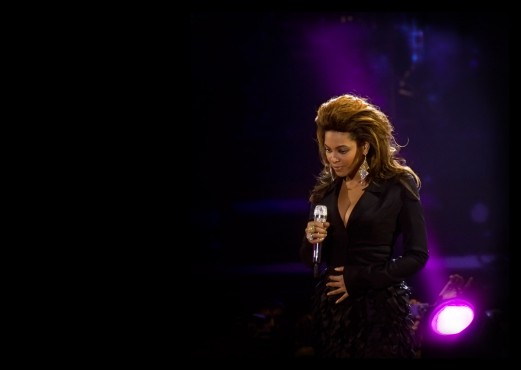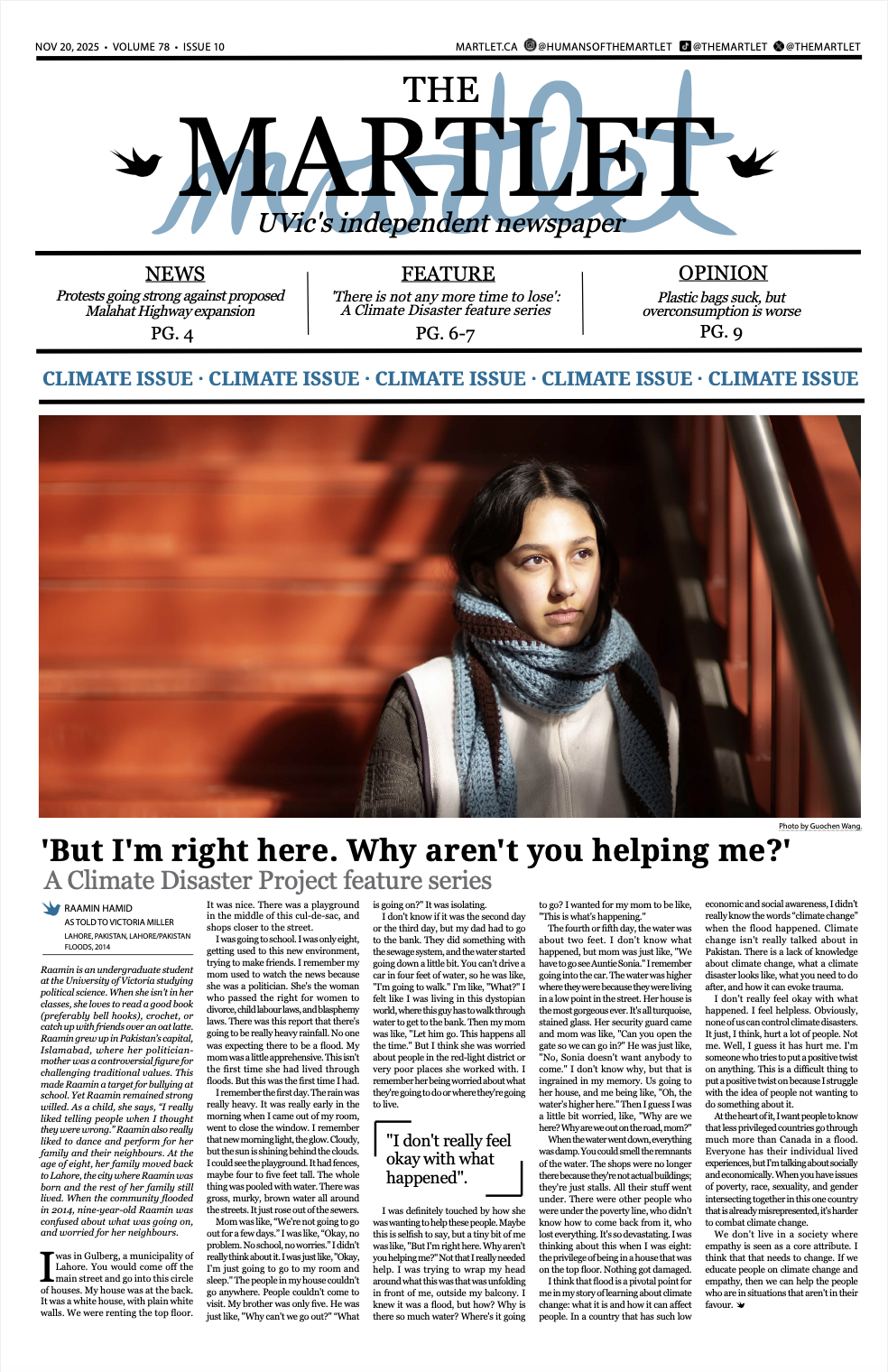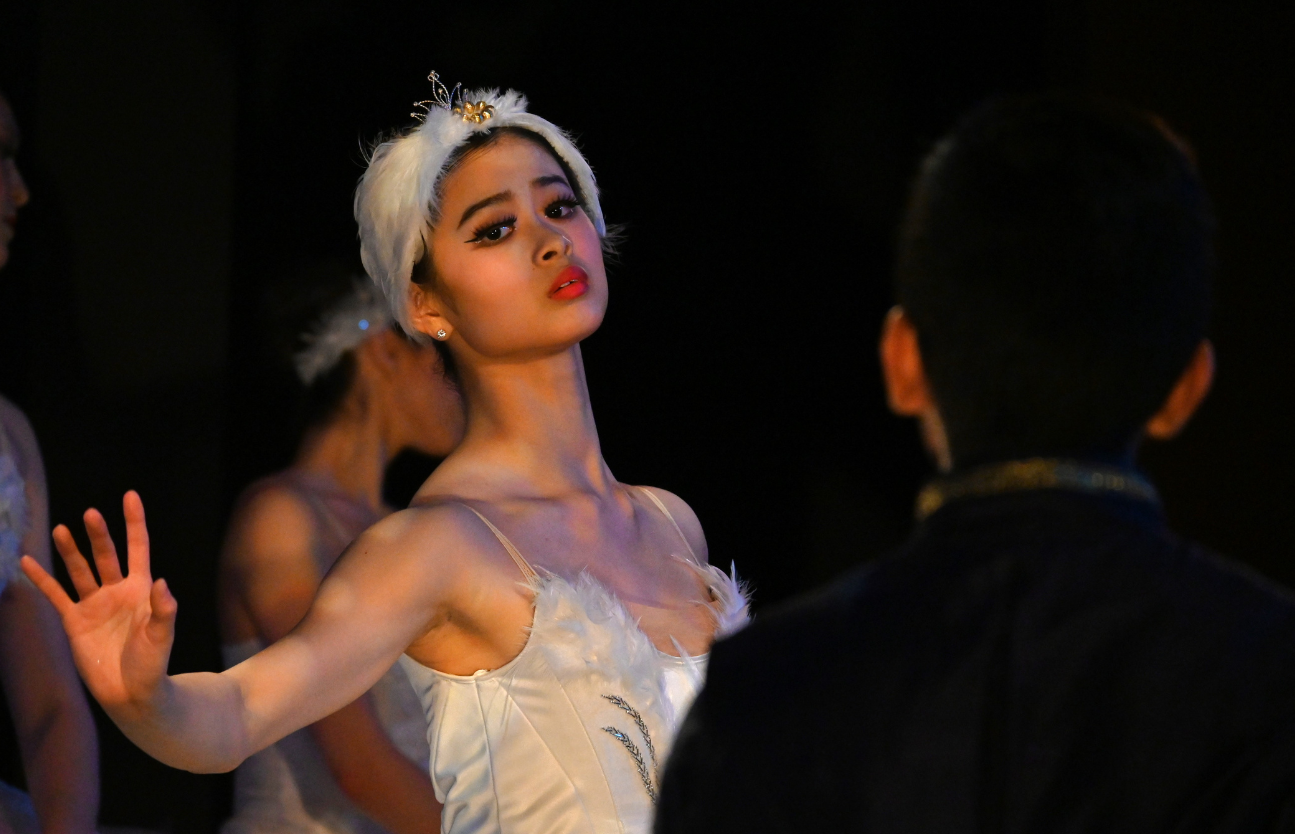Melissa Avdeeff has a lot to say about pop culture. Having first approached popular music as an academic while she was pursuing a bachelor’s degree in music, she wrote her master’s thesis on women’s representation in popular media, with chapters on Britney Spears, Beyoncé, and Gwen Stefani. And now, she’s taught a course about it.
The course, MUS 391: Cross-Cultural and Historical Topics in Music, rotates topics each semester (Beyoncé was the focus last semester). Though she doesn’t teach the class currently, the Martlet spoke to Avdeeff for her thoughts on Beyoncé and pop culture in academia.
This interview has been edited for space and clarity.
Why do you think Beyoncé is important?
She has contributed a lot to the music industry . . . with quite innovative music [and] use of collaborators as opposed to just being a singer-songwriter writing her own material . . . She’s also really important societally, especially since she’s come out as a feminist . . . people [are] discussing the word feminism, seeing that there are different ways of being a feminist.
Why Beyoncé? Why not Lady Gaga or Justin Bieber?
Even people who may not have been fans in the past at least know about her [and she offers a] wide variety of issues for us to discuss . . . We talk about how Beyoncé fits into society and culture and the music industry. So we get to talk about women, gender, sexuality, feminism, but also things like race, how she uses her social media, people who have used her songs for videos like parodies.
How have students responded to this class?
The first time that I ran this course, everyone was interested in Beyoncé as a feminist . . . And then this semester the focus is . . . how Beyoncé and other artists use their social media to get their voice out, how they’re controlled behind the scenes, what kind of authenticity their voice has, and what that might mean for society and how other people form relationships online.
Do you think Beyoncé is empowering?
I think it’s really contested . . . I can see how some people can see it being empowering, very sex positive, taking control of your body, [and it’s] your choice how you portray yourself. But I can also see how people can think it ties into larger patriarchal issues and how she’s conforming to patriarchal images of beauty, which could be negative for young girls who just see their bodies as sex objects . . . I think it’s a positive thing that we have a body-positive role model [but] as a society we do put so much pressure on beauty . . . that we’re forgetting [to] also promote intelligence or strong-mindedness, or individuality. I think it’s great that we have this one focus about being positive about our sexuality, but at the same time, we need to bring in more voices now.
What have students expressed that they’ve gotten out of this class?
I think they really appreciate having a deeper understanding of someone that often they’re fans of. So they know Beyoncé as this musician, and this feminist, and this powerhouse, but . . . they come out of the course having a deeper understanding of how she fits into the broader society, how she might be influencing people, and how people are influencing her.
How do you respond to criticism of this class?
[Sometimes] people don’t read the article and comment on it saying, “This course is a waste of money, it’s a waste of time, UVic students are going down the drain, what’s going on, and I want to take away my money,” [but] they don’t understand [that] it’s deeper than just Beyoncé. It’s looking at Beyoncé as a reflection of our society.
What’s your favourite Beyoncé song to sing along to?
“Love On Top,” the one that has about ten different key changes and gets higher and higher? In the car, I like to sing it to see if I can hit the high notes when no one else can hear me.









